#geek culture
Text
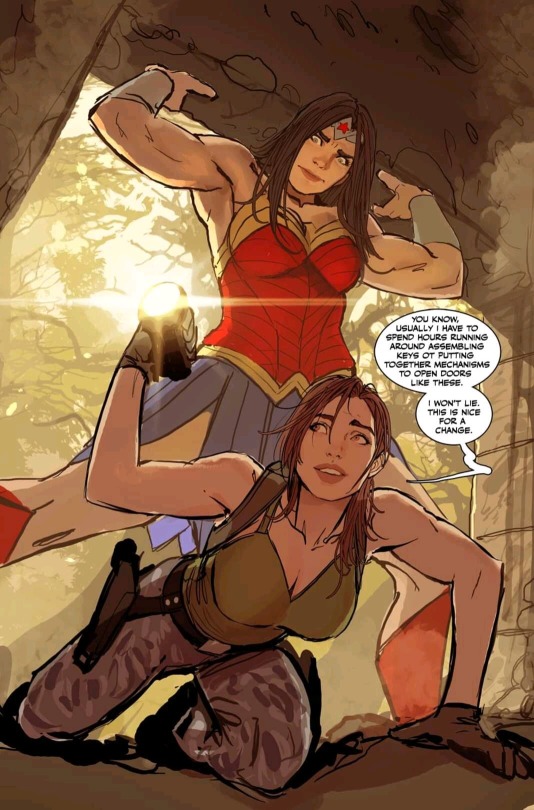
Wonder Woman x Lara Croft
#wonder woman#tomb raider#lara croft#nebezial#art#artwork#illustration#deviantart#comic books#video games#pop culture#dc#dc comics#playstation#gaming#geek culture#diana prince#superheroes#comics#women#crossover
2K notes
·
View notes
Text
X-Men is about civil rights. If you didn’t get that, you didn’t get X-Men.
Black Panther is about civil rights. If you didn’t get that, you didn’t get Black Panther.
Captain America literally fought Nazis. He is the embodiment of fighting the alt-right. If you didn’t get that, you didn’t get Captain America.
The Empire in Star Wars is fascist. The Rebel alliance are Anti-Fascist. If you didn’t get that, you didn’t get Star Wars.
The Punisher isn’t meant to be a role model for police or armed forces. So much so that the writers of The Punisher made him actively speak out against it in a comic. If you didn’t get that, you didn’t get The Punisher.
Deadpool is queer. He’s pansexual. Fact. If you didn’t get that you didn’t get Deadpool.
Star Trek is about equality for all genders, races and sexualities. As early as the mid-60s it was taking a pro-choice stance and defending women’s right to choose. One of its clearest themes is accepting different cultures and appearances and working together for peace. (It’s also anti-capitalist and pro-vegan). If you didn’t get that, you didn’t get Star Trek.
Superman and Supergirl (and a whole host of other superheroes) are immigrants. The stance of those comics is pro-immigration and pro-equality and acceptance. If you didn’t get that, you didn’t get Superman or Supergirl.
Stan Lee said “Racism and bigotry are among the deadliest social ills plaguing the world today.” If you’re bigoted or racist, you didn’t get any of the characters Stan Lee created.
The stories we grew up with all taught us to value other people and cultures and to treasure the differences between us. Only villains were xenophobic, or sexist, or racist, or totalitarian. I can’t understand how anyone can have missed that.
If you’re upset that there’s a black Spider-Man, or a black Captain America, or a female Thor, or that Ms Marvel is Muslim, or that Captain Marvel was pro-feminism, or any of the other things right wing “fans” say is “stealing their childhood” - you never got it in the first place. The things you claim are now “pandering to the lefties” were never on your side to begin with.
If you consider yourself a fan of these things, but you still think the LGBTQ+ community is too “in your face”, or have a problem with Black Lives Matter, or want to “take the country back from immigrants”, then you’re not really a fan at all.
Geek culture isn’t suddenly left wing... it always was. You just grew up to be intolerant. You became the villain in the stories you used to love.
****
Kenny Boyle - Actor and Playwright
07 June 2020
#X-men#X men#Deadpool#Superman#Supergirl#geek culture#Black Panther#Captain America#Thor#female Thor#Spiderman#comics#Ms Marvel#Captain Marvel#lgbtq#Muslim#Star Trek#Stan Lee#The Punisher#Star Wars#immigrants#Kenny Boyle
7K notes
·
View notes
Text

Monday Quiz !
Lt. Commander Data Metal Hearts Club Band
#quiz#quizz#robots#pop culture#1980s#80s#sci fi#science fiction#android#data#star trek#star wars#terminator#beatles#blade runner#robby#geek stuff#geek culture
446 notes
·
View notes
Text
I had to try it
#artists on tumblr#artwork#fan art#queer artist#adventure time#at fandom#jake the dog#finn the human#princess bubblegum#adventure time fanart#adventure time fionna and cake#adventure time oc#adventure time ice king#ice king#adventure time fandom#geek art#cartoon#fanart#at fanart#geek culture#oc art#oc artwork#stained glass#glass#hora de aventura#cartoon network
297 notes
·
View notes
Text
Nerds on TV: “who’s better Captain America or Superman ☝️🤓”
Me and the homie, real nerds, discussing the geo-politics of Hyrule:
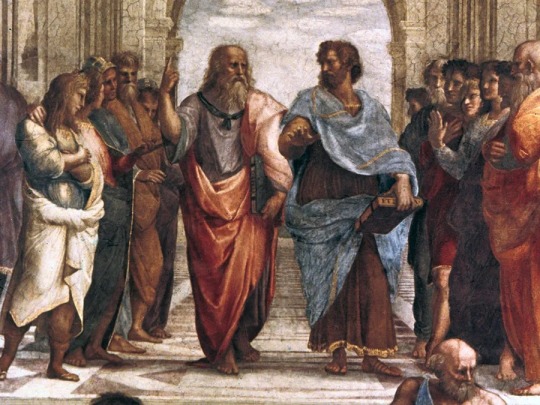
#dc comics#legend of zelda#breath of the wild#tears of the kingdom#totk#loz totk#loz#loz link#loz au#loz botw#loz tears of the kingdom#loz oot#big bang theory#nerdy stuff#geek culture
67 notes
·
View notes
Text

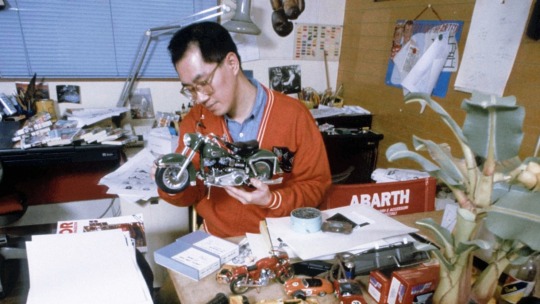
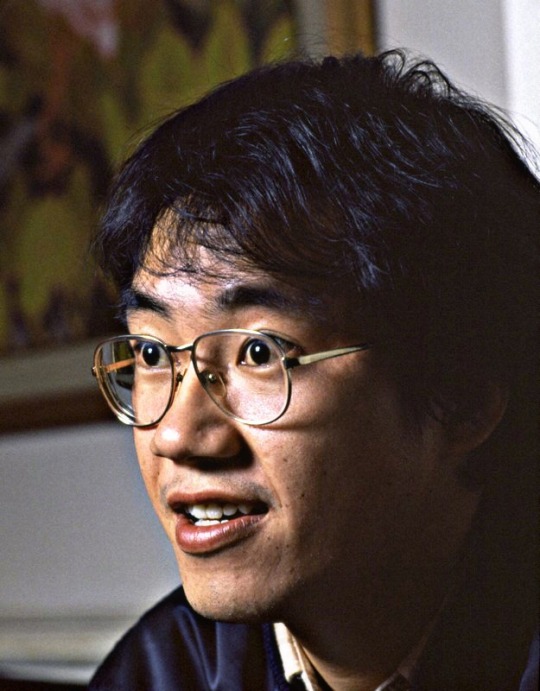


I'm posting this as a tribute to the man who created a manga that turned into anime, Akira Toriyama. I think he's the one who brought fans and anime community together. As much as I remember, my first time watching Dragon Ball Z was in probably 1998 on Toonami, and I just started to like the show. I was rooting for Goku when I was little. I used to dislike Vegeta, but now I started to like him. Dragon Ball Z has been my favorite anime ever since my childhood, I watched that anime probably every night after school. Good times.
It's amazing that this anime Dragon Ball series had unintentionally created a fan based community, adopted into a pop culture atmosphere. Went from manga, to anime, to pop culture, and now today, fan-based community.
RIP, Akira Toriyama, and thank you. We anime and comic book fans will always remember you and your artwork as we will remember our times watching and reading your masterpiece you made.
#akira toriyama#dragon ball#dragon ball z#dragon ball series#anime#animation#manga#comic books#comics#geek culture#anime community#anime fans#writers#artists#art#artwork
22 notes
·
View notes
Text
4 babies + 1 Trekkie = limitless involuntary guffaws
Watch Episode 2 on 11/28 at desiquest.com/watch
ft. Anjali Bhimani, Jasmine Bhullar, Sandeep Parikh, Rekha Shankar, Omar Najam
31 notes
·
View notes
Text
A portrayal of geeks
The more I grow sympathetic to The Eltingville Club comics, the more I feel it does get aspects of geek culture right. But not in ways people would expect or even like, especially when it comes to racism and characters having sexual fantasies of sorts. I believe the real differences between The Eltingville Club and The Big Bang Theory is that the latter tries to get geek culture, but couldn't get a handle on it.
The Eltingville Club gets geek culture but in ways people don't immediately understand or experience, be it one of the characters having sexual fantasies of their favourite franchises or another one of them doing porn parodies of well-known films. Trust me, this is a thing. There are porn parodies of things like Spongebob Squarepants as done by actual porn productions, geeks themselves sexualise the things they like.
I could've been guilty of this before, as well as the immature rantings at some point. But I think the way The Eltingville Club portrays geek culture, especially as shown in the comics, is partly why it never got a real animated series. That's other than the pilot, which has spawned memetic dubs in the Hispanophone side of the Internet. The Big Bang Theory, by contrast, seems more sanitised.
But this involves smoothing over the rough edges geek culture has, including the seamier side of things like porn and so on. One would only wonder why TBBT succeeded, whilst Eltingville never got a proper series of any sort.
18 notes
·
View notes
Photo

Geek culture tweet by Kenny Boyle
#x-men#xmen#comics#superman#deadpool#star wars#geek culture#geek#lgbt#star trek#racism#civil rights#punisher#become the hero
57 notes
·
View notes
Text
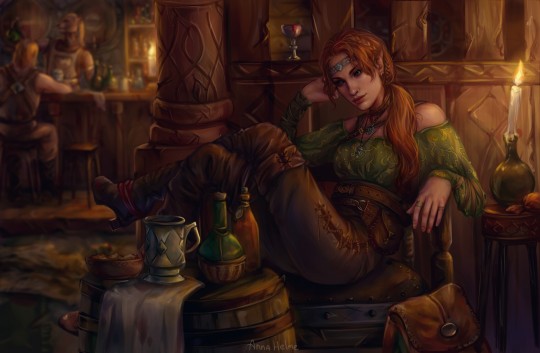
Bringing Your NPCs to Life: Tips for Creating A Believable Character Backstory in D&D
As a dungeon master, one of the most important parts of your job is creating believable and interesting NPCs (non-player characters) for your players to interact with. These NPCs can range from shopkeepers and guards to quest givers and powerful villains, and they play a crucial role in bringing your campaign world to life.
However, creating NPCs that feel real and relatable can be a challenging task. In this blog post, we'll be discussing some tips and tricks for creating believable NPCs in D&D. From giving NPCs a backstory to making them react realistically to the players, we'll show you how to make your NPCs feel like real, living people. So whether you're a seasoned dungeon master or just starting out, read on to learn how to create NPCs that will keep your players engaged and invested in your game.
Family and Relationships
Family and relationships are an essential element of an NPCs backstory and can give insight into their personality and motivations. For example, an NPC who has lost a loved one might be more likely to be driven by grief and a desire for revenge.
Family and relationships can also provide hooks for the players to interact with the NPCs, creating interesting and dynamic interactions. It can also create conflicts for the NPCs and the players, and the NPCs can have different types of relationship with the player characters like friends, enemies, mentors, allies, and more.
Additionally, NPCs can have complex relationships, for example, an NPC who has a love-hate relationship with one of the player characters. Knowing the NPCs family and relationships can also help the DM to create a believable dialogue, as NPCs can have different roles in the family or society and it can affect their actions and motivations.
Childhood Experiences
Another crucial component of an NPCs biography is their early life, which has the power to influence their personality, worldview, and moral principles. An NPC who was raised in poverty, for instance, might be more motivated by a desire for money and status. Childhood memories can also serve as springboards for the players to engage with the non-player characters (NPCs), resulting in engaging and dynamic interactions. The early experiences of the NPCs might influence their beliefs, values, and worldview, and it can also lead to disputes between them and the players.
In addition, NPCs early life experiences can affect their talents and aptitudes; for instance, an NPC who grew up in a conflict zone may be better at surviving and engaging in warfare. Additionally, it can affect how they feel and think. For instance, an NPC who experienced abuse as a youngster may struggle with trust or develop PTSD. As NPCs can have diverse perspectives on life and the world based on their experiences, knowing the NPCs early experiences can also aid the DM in crafting believable dialogue.
Education or Training
An NPCs education and training can give meaning to their talents and abilities and are a significant part of their narrative. Knowing what an NPC has studied or received training in might help determine their level of skill and knowledge. A skilled wizard NPC, for instance, may be more motivated by a quest for power and knowledge.
The players' interactions with the NPCs may be made more fascinating and dynamic by means of education and training. As the education and training of the NPCs may impact their views, values, and worldview, it can also lead to disputes between the NPCs and the players.
Additionally, NPCs education and training can shape their career and occupation, for example, an NPC who is a trained engineer might be more likely to be a successful inventor or architect. It can also shape their social status, for example, an NPC who has received a noble education might be more likely to be a member of the upper class. Knowing the NPCs education and training can also help the DM to create a believable dialogue, as NPCs can have different perspectives on life and the world based on their education and training.
Career or Occupation
An NPCs career or occupation can also play a role in shaping their backstory and provide context for their skills and abilities. Knowing what an NPC does for a living can give insight into their skills, abilities, and motivations. For example, an NPC who is a shopkeeper might be more likely to be driven by a desire for wealth and success. A career or occupation can also provide hooks for the players to interact with the NPCs, creating interesting and dynamic interactions. It can also create conflicts for the NPCs and the players, as the NPCs career or occupation can shape their beliefs, values, and how they perceive the world.
The NPCs career or occupation can shape their social status, for example, an NPC who is a noble might be more likely to be a member of the upper class. It can also shape their reputation, for example, an NPC who is a notorious thief might be feared or respected by other NPCs. Knowing the NPCs career or occupation can also help the DM to create a believable dialogue, as NPCs can have different perspectives on life and the world based on their career or occupation.
Life Events
Life events that shape an NPCs personality are also an important element of an NPCs backstory and can give insight into their personality, beliefs, and values. For example, an NPC who has experienced a traumatic event, like a war, might be more likely to be driven by a desire for peace and safety. Life events can also provide hooks for the players to interact with the NPCs, creating interesting and dynamic interactions. It can also create conflicts for the NPCs and the players, as the NPCs life events can shape their beliefs, values and how they perceive the world.
Additionally, NPCs life events can shape their skills and abilities, for example, an NPC who has been through a shipwreck might be more skilled in survival and navigation. It can also shape their emotional and mental state, for example, an NPC who has suffered a great loss might have trust issues or PTSD. Knowing the NPCs life events can also help the DM to create a believable dialogue, as NPCs can have different perspectives on life and the world based on their experiences.
In Summary
Giving your NPCs a backstory is an essential step in making them feel like real and relatable characters
A backstory provides context for an NPC's actions and motivations, making them more believable and interesting to the players
Family and relationships are an essential element of an NPC's backstory and can give insight into their personality and motivations
Childhood experiences are another important element of an NPC's backstory and can shape their personality, beliefs, and values
Education and training are an important element of an NPC's backstory and can provide context for their skills and abilities
An NPC's career or occupation can also play a role in shaping their backstory and provide context for their skills and abilities
Life events that shape an NPC's personality are also an important element of an NPC's backstory and can give insight into their personality, beliefs, and values
By including these elements in an NPC's backstory, you can create characters that feel real and relatable to your players
Additionally, it will help you to understand the motivations and actions of NPCs, making the game more interesting and dynamic
#geeklife#geeky stuff#geek culture#rpg ressources#rpg character#roleplaying ideas#dnd guide#dnd tips#dnd memes#dnd character#dungeons and dragons#dungeoncore#dungeon and dragons guide#dungeons and dragons tips and tricks#help guide#geek games#tabletop#dnd community#dungeon master#roleplaying games
107 notes
·
View notes
Text

Alexis kaye
#dc punchline#alexis kaye#punchline dc#punchline#the joker#dc universe#comic books#coringa#gotham#jorge jimenez#harley quinn#batman#geek culture#nerd#dc villian#dceu
58 notes
·
View notes
Text
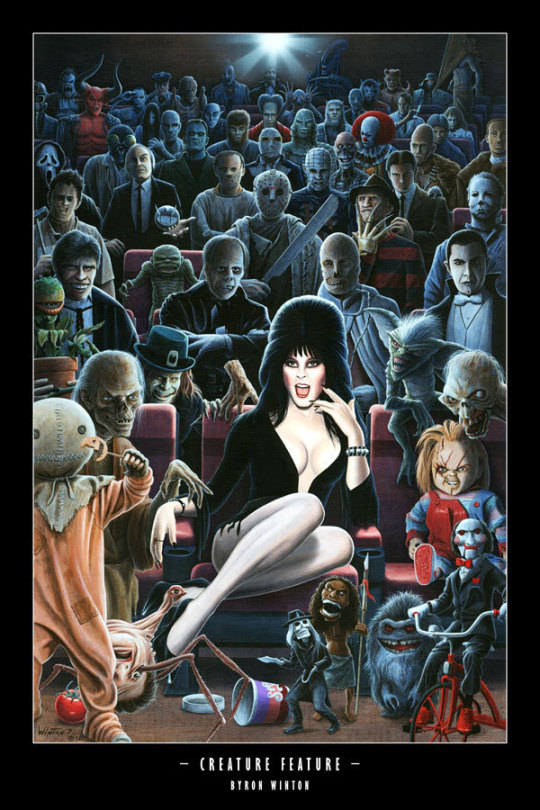
139 notes
·
View notes
Text
The ‘American Feelings Yakuza’ article reminded me of something that’s been brewing in my head for a couple years about Japanese media and the rise of antis. Like, there's always been inflammatory bad faith criticism of characters and ships due to ship wars, but I think antis in the modern sense started to really gel when we started getting really obviously anime-inspired American cartoons by creators who actually grew up on anime and the fandoms that emerged around them (See Avatar, Korra, Steven Universe, and Voltron: Legendary Defender).
Like, it’s not wrong to like those shows, but I do think they tended to be especially efficient spawning vats for modern anti rhetoric and behavior for some reason, and I think the way the Japanese cartoon aesthetics were removed from their original context (Japanese culture, especially their post-war period) and sanitized for the consumption of American viewers that lent itself to batshit, self-entitled fandoms who spread their attitudes like a mind-virus.
#like americans struggle with the more indulgent aspects (fanservice) AND the more hard-hitting confronting portrayal of violence and trauma#imo voltron is an especially egregious case because it's a reboot of an already heavily altered and Americanized dub#but then look at disney. maybe appropriating and sanitizing art from other culture's is kinda american animation's original sin#decline of people actually travelling to japan doesn't help (plus covid)#antis#anti discourse#proship#proship discourse#shipping#fandoms#fandom discourse#geek culture#nerd culture#animation#cartoons#anime#weebs#weeb culture#manga
102 notes
·
View notes
Text
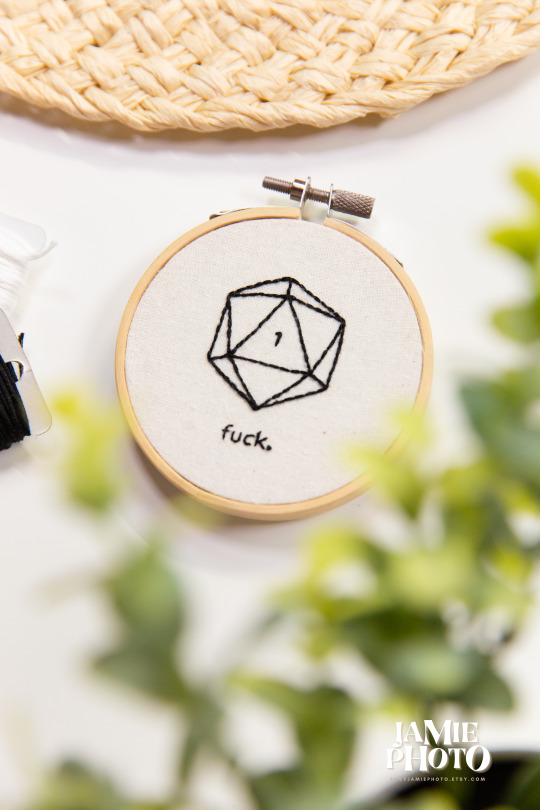
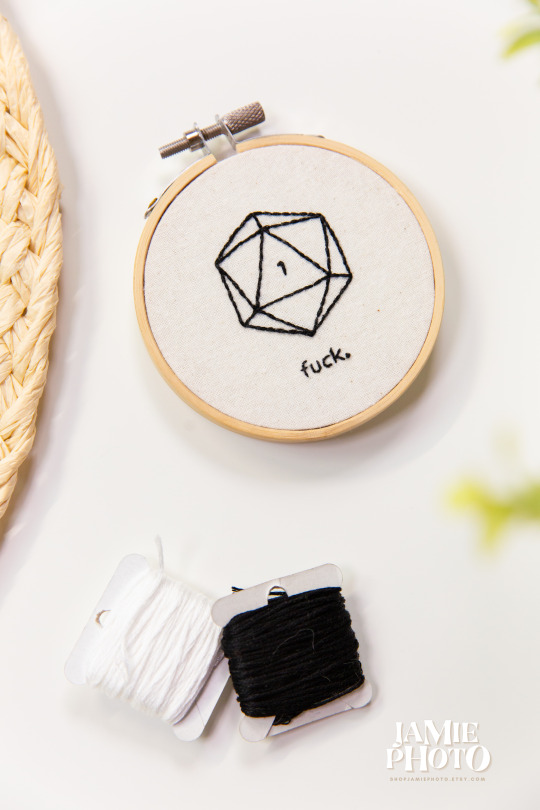
#D20#DND#Dice#Embroidery pattern#Tabletop games#Board games#RPG#Dungeons and Dragons#Handmade#DIY crafts#Needlework#Digital download#Cross-stitch#Embroidery design#Gaming decor#Geek culture#Whimsical#Artistic#Home decor#Craft project#Gaming enthusiasts#Stitching#Thread#Hoop art#Gift idea#Craft supplies#Crafters#Creative expression#Decorative stitching#Sewing enthusiasts
51 notes
·
View notes
Text
Masterlists:
Series: In progress ♥
Completed ☺
Twilight: When the Stars Fallen ♥
The Batman: Between Secrets and Bats ♥
Detroit : Become Human: Instability in the Software ☺
The Last of Us:
Your Eyes ☺
Too Sweet ♥
One-shots :
End Of Beginning - Bruce Wayne
Ur So Pretty - Edward Cullen
Flashbacks - Ellie Williams
Accepting requests
#fanfic#twilight saga#detroit become human#the last of us#edward cullen#bruce wayne#dc comics#batman comics#geek culture#dbh connor#connor rk800#x reader#reader insert
9 notes
·
View notes
Text
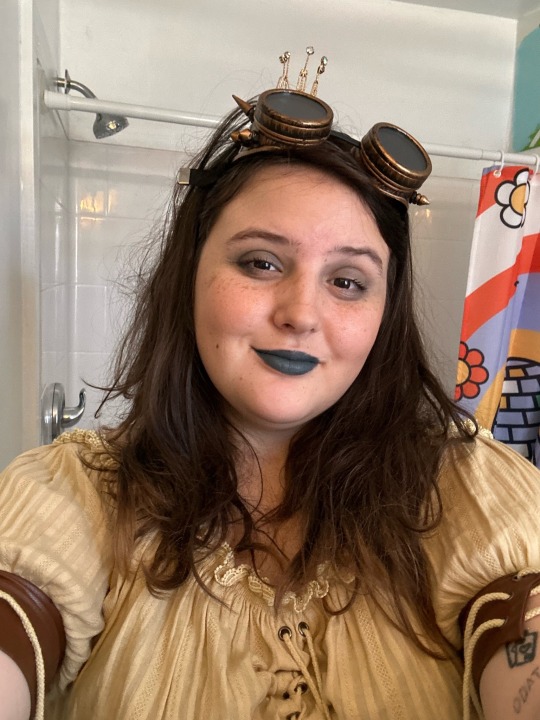
#sexy geek#hot geek#geek#geek girl#freaks and geeks#star wars geek#band geek#scifi geek#geek culture#film geek#dnd art#dnd character#dnd oc#dnd5e#dnd#dnd campaign#dnd ocs#dnd homebrew#cosplay#con#costume#steampunk#her smile#gorgeous smile#pretty smile#cute smile#great smile#beautiful smile#smile#all smiles
7 notes
·
View notes